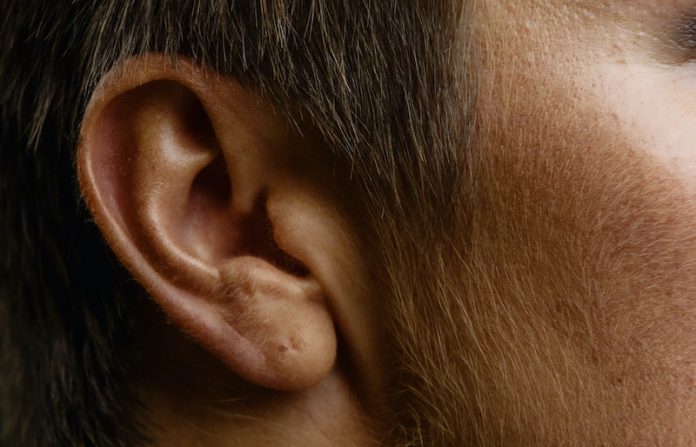
Scientists from Stanford Medicine found a common antibiotic drug could cause hearing loss.
They found a new way to purify gentamicin and reduce the risk that it will cause deafness.
The research is published in PNAS and was conducted by Alan Cheng et al.
Gentamicin is a widely used antibiotic in U.S. hospitals to treat a variety of bacterial infections. It’s a popular drug in developing countries because it is highly effective and inexpensive.
In the study, the team estimated that up to 20% of patients who are treated with it experience some degree of irreversible hearing loss.
They found a relatively inexpensive way to reformulate the drug, which belongs to a class of antibiotics called aminoglycosides, to be safer.
Currently, the FDA’s instructions for how to make aminoglycosides are making people go deaf.
Aminoglycosides have been in use since the 1950s. The drugs don’t need to be refrigerated, which keeps the costs of storing them low.
Despite new antibiotics, their use remains commonplace as they are cheap and potent.
The gentamicin used in hospitals today is a mixture of five different subtypes of the antibiotic grown together in the same mixture.
The mixture also includes as much as 10% impurities.
In the study, the team figured out how to chemically separate each of the subtypes so they could be tested separately. They found the least toxic subtype as C2b, and the most toxic as sisomicin.
Both C2b and sisomicin showed the same highly effective antimicrobial properties comparable to the mixture as a whole.
The researchers also found that by removing impurities from the mixture, toxicity to the ear tissue was reduced.
The researchers say that when a drug causes hearing loss, it is devastating, and it’s especially disturbing when it happens to young children, as they rely on hearing to acquire speech.
Their simple method of reformulating the drug should be put to use as soon as possible.
If you care about medicine, please read studies that some common pain and fever drugs may increase the risk of COVID-19 infection, and this drug may prevent severe COVID-19.
For more information about medicine, please see recent studies about the most effective drug for opioid use disorder, and results showing new drugs to protect against cognitive decline in Alzheimer’s.
Copyright © 2022 Knowridge Science Report. All rights reserved.



